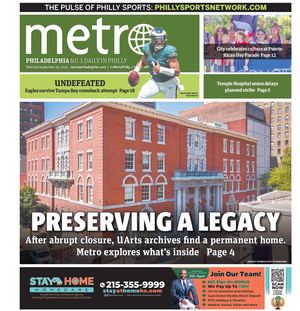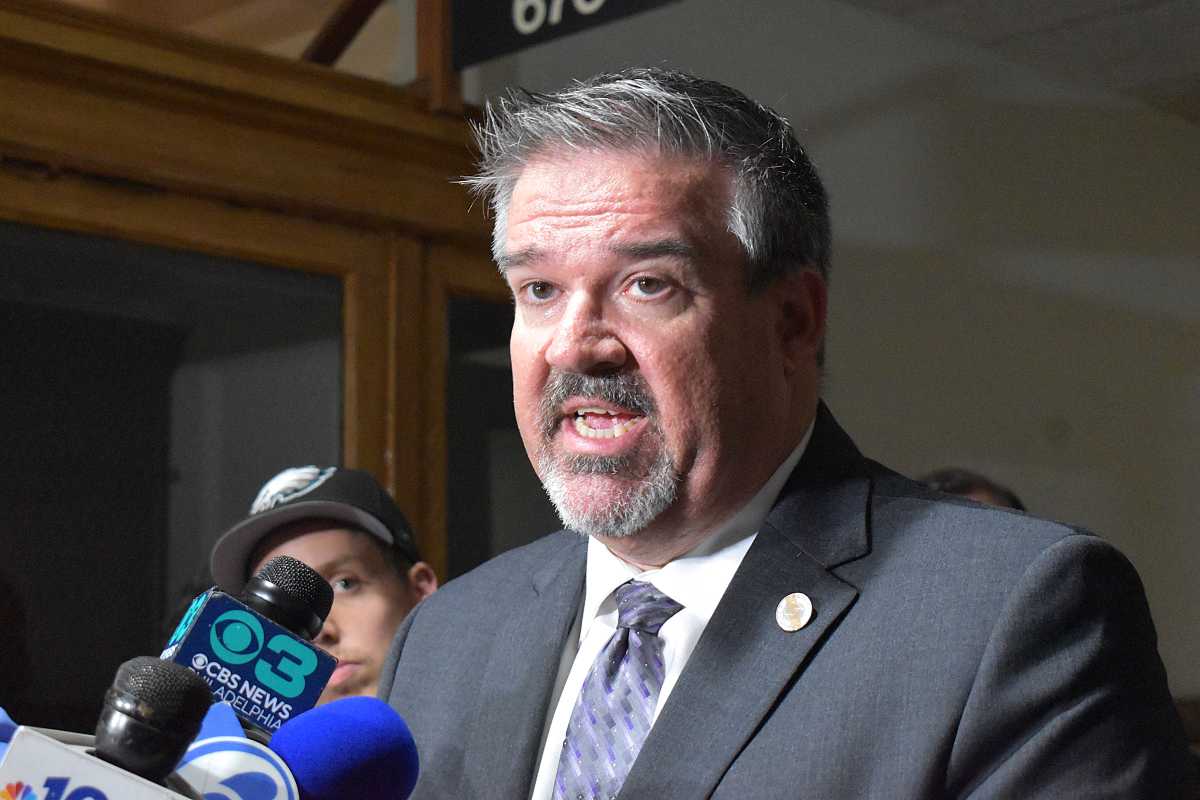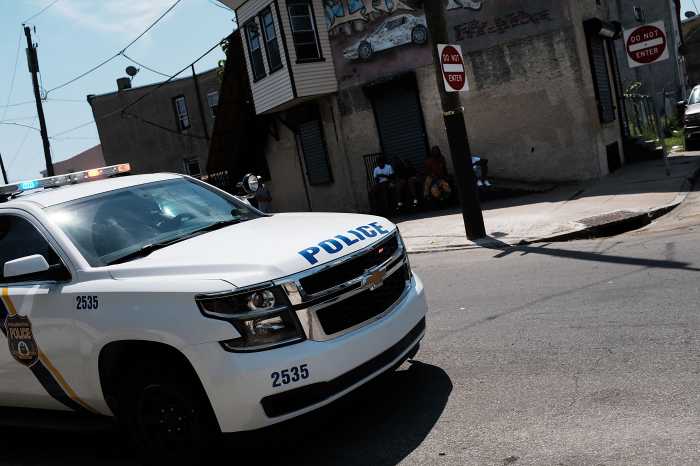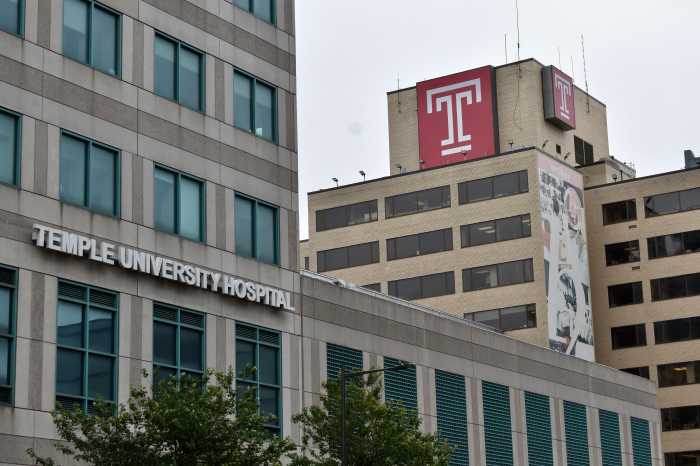SEPTA will restore full service across all modes of transportation on Sunday, Sept. 14, if the Pennsylvania Department of Transportation approves its request to divert nearly $400 million in capital funding to cover operating costs.
Scott Sauer, the authority’s general manager, announced the plan Friday, a day after a Philadelphia judge ordered SEPTA to undo the 20% service reductions implemented two weeks ago.
It’s the latest development in the authority’s well-publicized effort to overcome a $213 million budget shortfall – an issue that has been the subject of debate from City Hall to Harrisburg.
The court ruling did not bar the authority from moving forward with a 21.5% fare increase. SEPTA will also roll out the hike on Sept. 14, with the base price for bus, subway and trolley rides rising from $2.50 to $2.90.
SEPTA is asking for PennDOT’s permission to use up to $394 million of its capital assistance funding, which comes from the Public Transportation Trust Fund. Pittsburgh Regional Transit is reportedly expected to pursue a similar path to deal with its deficit.
The money would allow SEPTA to forgo any cuts for two years, Sauer said. Transit officials expect a decision from PennDOT early this week.
“This is not a solution. This is a band-aid. This will get us through a couple years, but at the expense of future capital programming,” Sauer told reporters at a briefing Friday. “So we still need a solution. We need something long-term.”
Equipped with the influx of dollars, the authority would be able to introduce its redesigned bus network, also known as Bus Revolution, and prepare for major events planned next year for the nation’s 250th birthday, he added.
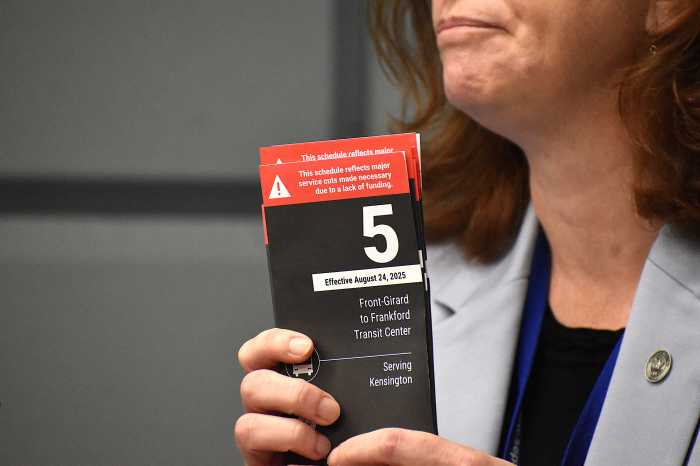
However, Sauer said the move presents a “tremendous risk to SEPTA” because the agency will need to slash an equivalent amount from its capital program, which pays for vehicle replacements, major maintenance projects and other infrastructure improvements. SEPTA has $10 billion worth of deferred repairs, according to authority officials.
Sauer’s team deployed an initial round of service cuts Aug. 24, axing 32 bus routes, shortening another 16 and reducing frequencies on remaining bus, trolley and subway lines.
Court of Common Pleas Court Judge Sierra Thomas Street on Aug. 29 halted any further action associated with SEPTA’s ‘doomsday’ budget, delaying a plan to raise ticket prices and reduce Regional Rail frequencies.
On Thursday, following a hearing, Street expanded her ruling, ordering SEPTA “immediately reverse” all cuts and banning any further reductions, exempting the fare increase. SEPTA’s legal team has filed an appeal.
“If the order remains in place, we will put service back as quickly as we can, as safely as we can,” Sauer said, adding that the authority feels confident it can restore all trips by Sept. 14.
The preliminary injunction was issued in relation to a recent lawsuit filed by attorney George Bochetto on behalf of longtime consumer advocate Lance Haver and two SEPTA riders.
Street’s decision has no end date, even though Bochetto suggested in court that the injunction could be initially granted for a 60-day period. She also did not offer any explanation for her decision in the two-page written order.
Lawyers involved in the suit discussed the impact the cuts had on minority and low-income riders; SEPTA’s handling of public hearings and treatment of Haver at one such May meeting; and the role of the authority’s service stabilization fund.
Transit advocates and some elected Democrats, who have blamed the transit funding crisis on Republican leaders in the state Senate, have been skeptical of Bochetto’s motives.
The attorney has made headlines for his work representing defenders of two controversial statues – the Christopher Columbus monument at South Philadelphia’s Marconi Plaza and the sculpture of former Mayor Frank Rizzo that previously sat outside the Municipal Services Building.
Bochetto unsuccessfully ran in the 2022 GOP U.S. Senate primary, filed legal briefs in defense of President Donald Trump during his second impeachment trial and was hired as special prosecutor in the failed, Republican-led effort to remove District Attorney Larry Krasner from office.
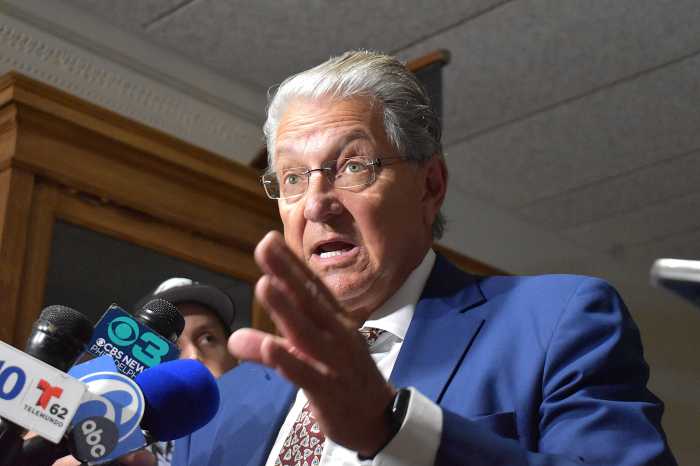
In the SEPTA matter, he argued that the authority should have dipped into its $300 million service stabilization fund before slashing service.
“They don’t want to use it because they want to create this false narrative of ‘doomsday’ to intimidate Harrisburg into giving them more money than they actually need,” Bochetto told reporters a short time before Street’s order came down.
Sauer said that SEPTA intends to use $113 million from the account this year to support service levels. The authority’s attorneys asserted that the agency is supposed to keep a base level in the fund to cover unanticipated expenses.
“I’m outraged that SEPTA has decided to punish the riders and not wait for the state budget to be done,” Haver responded when asked about his involvement in the suit. “Riders should not be pawns in this game.”
SEPTA’s decision to turn to capital funding was not directly related to the court order, Sauer said Friday, though he added that the case “showed us that there’s problems.” Rather, data indicated that the reduced system was not working, officials said.
In the first week of the cutbacks, more than 4,400 people were bypassed because buses and trolleys were too full to stop, Sauer told reporters. The number of late bus trips was also up 26%, according to SEPTA.
The authority’s statistics indicate total weekday ridership dropped 17% on buses and the Metro system, which includes the Market-Frankord, Broad Street and trolley lines.
“I think, until now, we were optimistic we would get a funding plan done,” Sauer said. “We weren’t able to get it done last year. We knew it would be tough this year, but it’s clear now that it’s a stalemate.
“We think this is the best decision that we can make at this moment.”
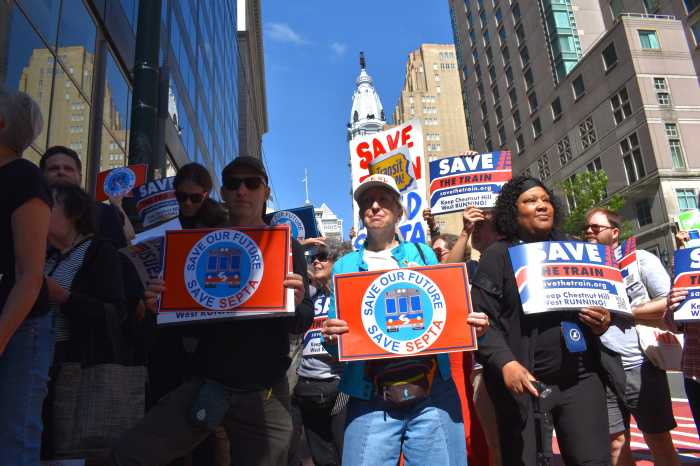
GOP Senate Majority Leader Joe Pittman, in a statement Friday, celebrated SEPTA’s request and castigated Democrats for not advancing legislation last month that devoted dollars from the Public Transportation Trust Fund to operating costs.
“This money could have been utilized three weeks sooner – and there would have been no negative impacts to school children, seniors, and everyone who relies on transit services as part of their daily commutes,” he continued.
“It is our hope that over the next two years SEPTA and PRT utilize this time to implement reforms and efficiencies to help ensure their long-term viability.”
The bill Pittman referenced would also have used the PTTF to fund road and bridge projects, outraging transit supporters.
Gov. Josh Shapiro and lawmakers have yet to reach a deal on a state budget, and it’s not clear what effect, if any, SEPTA’s request to PennDOT will have on those negotiations.
